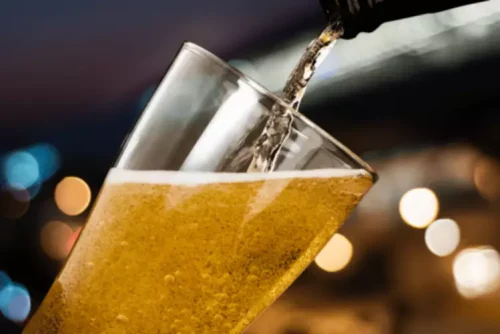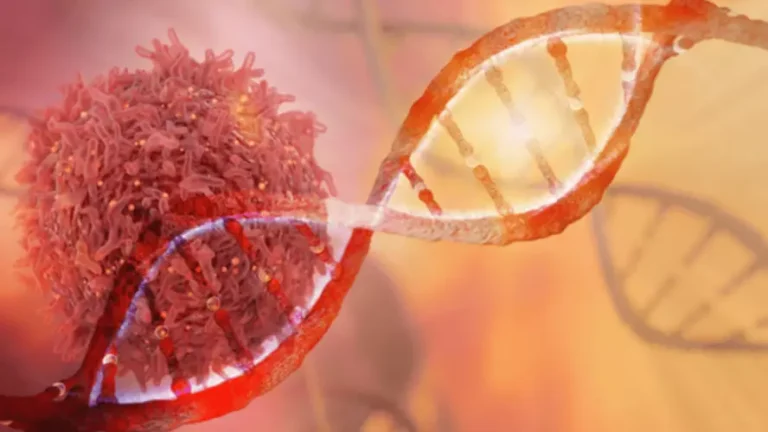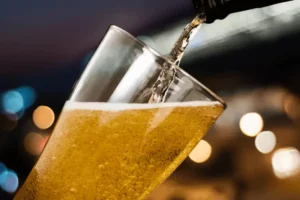
Based on drug addiction treatment the study of Atmodjo et al. success smoking cessation is indirectly affected by outcome expectation 31. The Chi-square test was used for the comparison of demographic variables between the intervention and control groups. Independent t-test was used for comparison between the intervention and control groups at each time for high-risk situations (internal and external), self-efficacy (internal and external), coping skills, outcome expectation (positive and negative), and abstinence violation effect. Also, R.M.ANOVA was used to compare within-group changes immediately, 1 week and 3 months after the intervention.
Seek Support
- Enrolling in another smoking cessation program and withdrawing from continuing participation in the study for any reason were among the exclusion criteria.
- There was also a significant difference in the control group, but the effectiveness of the intervention based on the cognitive-behavioral model compared to the routine intervention was higher.
- AVE describes the negative, indulgent, or self-destructive feelings and behavior people often experience after lapsing during a period of abstinence.
He lost his license due to drinking and driving, and as a condition of his probation, he was required to attend Alcoholics Anonymous meetings. People commonly confront relapse as a part of their process in achieving long-term sobriety. Perfection isn’t required by those in recovery, but rather a willingness to do their best each day with a supportive team abstinence violation effect backing their efforts. Knowing that can be disheartening, but it can also cause you to relapse out of the belief that relapse is inevitable.
- After six successful months of recovery, Joe believed he was well on his way to being sober for life; however, one evening, he got into a major argument with his wife regarding her relationship with another man.
- The abstinence violation effect (AVE) describes the tendency of people recovering from addiction to spiral out of control when they experience even a minor relapse.
- Ark Behavioral Health Is an accredited drug and alcohol rehabilitation program, that believes addiction treatment should not just address “how to stay sober” but needs to transform the life of the addict and empower him or her to create a more meaningful and positive life.
- Note that these script ideas were pulled from a UN training on cognitive behavioral therapy that is available online.
- In the intervention group, out of 112 participants, 84 participants had a lapse immediately, 96 participants one week after and 103 people three months after the intervention.
Sign up for text support
The AVE was introduced into the substance abuse literature within the context of the “relapse process” (Marlatt and Gordon 1985, p. 37). Relapse has been variously defined, depending on theoretical orientation, treatment goals, cultural context, and target substance (Miller 1996; White 2007). It is, however, most commonly used to refer to a resumption of substance use behavior after a period of abstinence from substances (Miller 1996). The term relapse may be used to describe a prolonged return to substance use, whereas lapsemay be used to describe discrete, circumscribed… As the number of people who need to quit smoking is increasing, there is an urgent need for cost-effective, accessible, and effective treatment with lasting effects.

A Lapse Vs. A Relapse
These individuals also experience negative emotions similar to those experienced by the abstinence violators and may also drink more to cope with these negative emotions. Substance use recovery programs should refrain from defining a mere slip as a total failure of abstinence. Instead, they should promote the notion that slips should be addressed immediately and that individuals can learn from them and improve. This does not mean endorsing slips, but recognizing that if they occur, something needs to be done immediately. As a result of stress, high-risk situations, or inborn anxieties, you are experiencing negative emotional responses. Emotional relapses can be incredibly difficult to recognize because they occur so deeply below the surface in your mind.

Single Forever: Why More People Choose Solo Living & Thrive (Study Shows)
- Nevertheless, 40 to 60% of people who once were addicted to a substance and achieved sobriety relapse at some point, based on estimates from the National Institute on Drug Abuse (NIDA).
- It is not necessarily these natural emotions that cause emotional relapse, but how you cope with them, that does.
- Tests of Chi-square and Cochran’s Q were used for lapse and relapse changes between and within groups, respectively.
- As he sat there, he realized that he had broken his vow of abstinence and then continued to drink until he became extremely intoxicated.
- I have lost all that time,” which can trigger a self-destructive mindset and potentially lead to further relapse.
- Training coping skills can lead to more self-restraint of people who smoke against the temptations and thus lapse rate is reduced.
In the second training session, the CBT intervention was focused on identifying high-risk situations through brainstorming about triggers, as well as methods of adapting to triggers. The results of this study showed that cognitive-behavioral intervention increased the mean score of high-risk relapse situations in the intervention group compared to the control group. Therefore, it can be concluded that it was effective in reducing high-risk situations. Accordingly, policymakers should pay attention to these situations in their programs. The study conducted by Alamdarloo et al. indicated that the depression, anxiety, and stress of Iranian males with addiction as an internal high-risk situation were reduced through cognitive-behavioral therapy 21. In addition, in the study of Bordbar, CBT helped reduce anxiety in individuals by changing one’s attitude, increasing self-efficacy and self-esteem, as well as changes in coping strategies 22.

Normalize Relapse

If you’ve relapsed and need help getting back on the road to recovery, reach out to one of our admissions navigators at to regain your sobriety today. As he sat there, he realized that he had broken his vow of abstinence and then continued to drink until he became extremely intoxicated. He found himself drinking heavily again despite this violation and ending up with even more difficulties. It was at these meetings that he finally decided that he was an alcoholic and that he needed to stop drinking. After six successful months of recovery, Joe believed he was well on his way to being sober for life; however, one evening, he got into a major argument with his wife regarding her relationship with another man.



